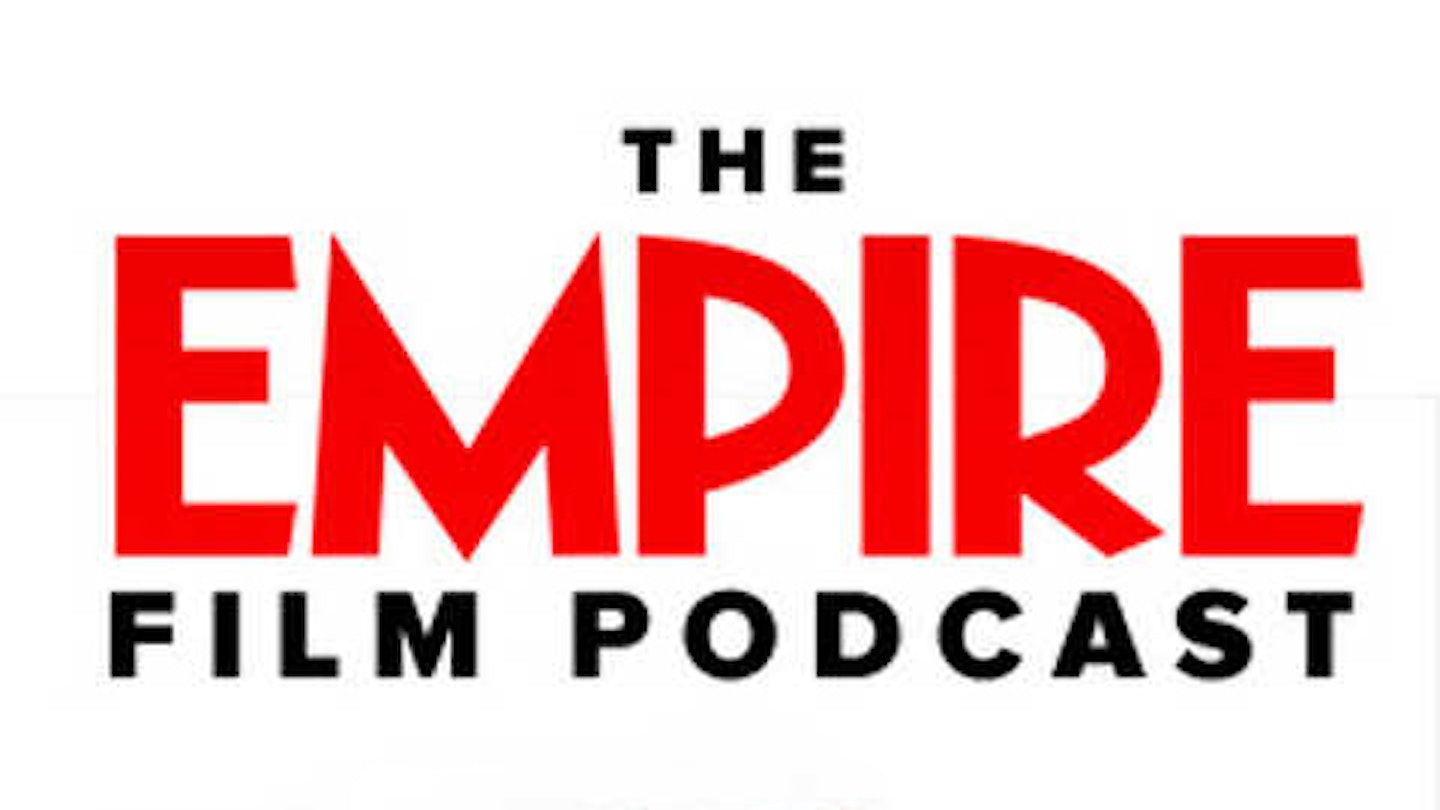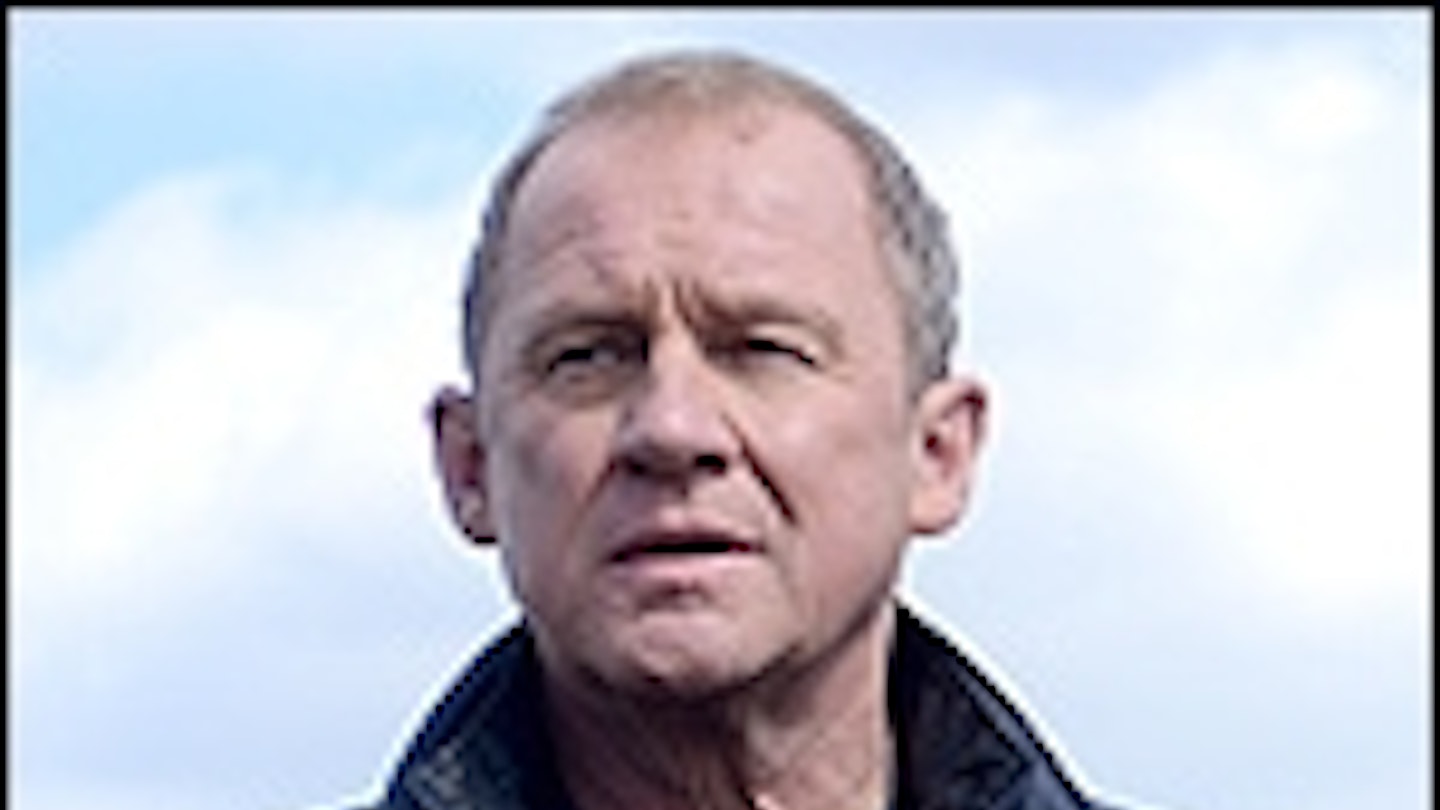From the Hammer Quatermass films of the 1950s through to macho spin-offs like the Callan and Sweeney movies of the 1970s, there was once a strong tradition of bringing British TV hits to the big screen. Outside of comedy, which has yielded everything from On The Buses and Dad’s Army to Mrs. Brown’s Boys D’Movie, the form has tailed off lately... so this film follow-up to the ten-season BBC One post-millennial spy show is at once a pleasant revival of an old tradition and its reinvention for a new age. If it posts decent figures, expect cinema versions of Doctor Who, Sherlock, New Tricks, Downton Abbey, Call The Midwife and EastEnders.
The format of the original series allowed for a high turnover of cast as MI5 agents were introduced, subjected to a season or two of trauma and betrayal then killed off or written out. This means that unlike most TV spin-offs, the Spooks movie can’t rely on the proven appeal of a star cast in their popular roles — among the regulars over the years have been David Oyelowo, Keeley Hawes, Matthew Macfadyen, Shauna Macdonald, Jenny Agutter, Sophia Myles, Richard Armitage and Rupert Penry-Jones, all busy elsewhere these days. By default, the script has to revolve around the sole continuing, surviving character, Peter Firth’s Sir Harry Pearce, who is basically George Smiley with a smartphone.
This might seem like extending the 007 franchise with a movie about M’s day off, but it’s actually the film’s strongest suit. Firth, given a leading role and top billing, flashes the slow-burning charisma he’s had ever since ’70s TV show Here Come The Double Deckers!, while Pearce goes off the grid and improvises trickery and connivance on a hugely complex level to protect Queen and Country at any cost.
The downside is that newcomers have a hard time keeping up. Tim McInnerny (one of a few other performers reprising TV roles here), David Harewood and Jennifer Ehle are solid as backroom warriors, and Tuppence Middleton and Eleanor Matsuura bright sparks as new recruits. However, too much of the film boils down to Kit Harington and Elyes Gabel competing in their failure to sport proper beards. In theory the action-hero protagonist and the terrorist master villain, Harington and Gabel come across as sulky and ineffectual and the labyrinthine plot sidelines their clash in favour of a nebulous, hard-to-care-about conspiracy.
Transfer from small to big screen allows for great use of London locations, with The Shard or the London Eye popping up outside every office window or covert meeting spot and very deft runabouts at Heathrow Airport or on top of the National Theatre. Director Bharat Nalluri, an episodic TV professional whose eclectic film credits include Miss Pettigrew Lives For A Day and The Crow: Salvation, stages boardroom confrontations, street escapes, fights and plot twists expertly, but The Greater Good doesn’t quite escape its small-scale origins... with a finale which takes place indoors, as if it were raining that day and they couldn’t play outside.




